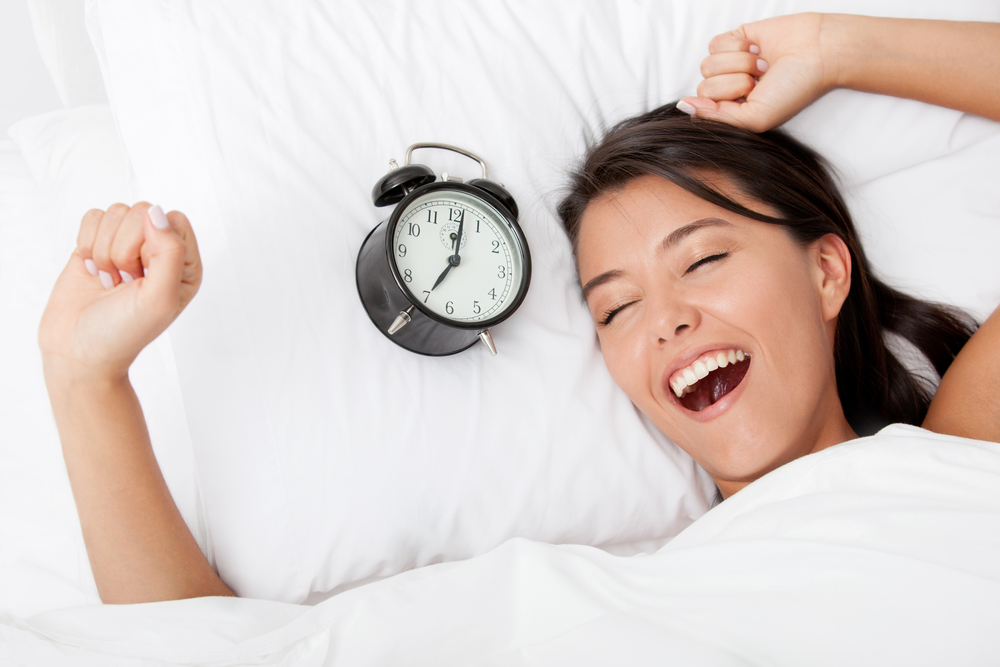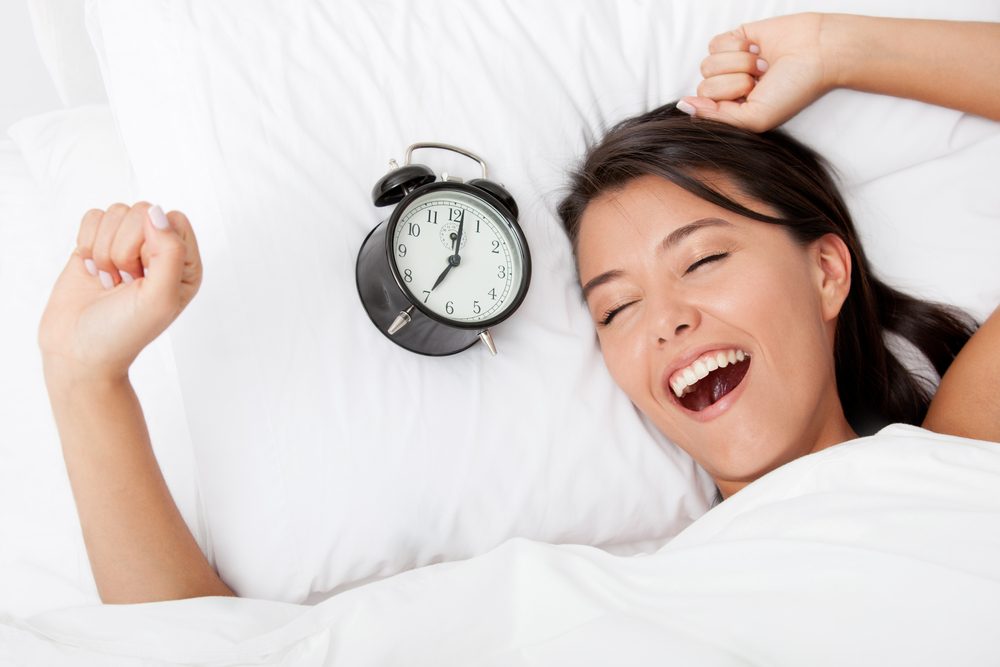These are strange times; everyone's regular routine has been completely upended.
Being at home may make it easier for you to get lots of sleep - our lives aren’t as busy - however without our routine we can be tempted into movie marathons, late night online chats, or staying up to finish a great novel.
Getting to bed is important though, as it keeps our immune system strong. While we sleep, our body produces cytokines, a type of protein that targets infection and inflammation. Cytokines are produced and released while we sleep, so less sleep means fewer cytokines. While we sleep, infection-fighting antibodies and cells are also produced. Studies show that lack of sleep leaves you more susceptible to getting sick, and can also affect how fast you recover if you do get sick.
It is recommended that adults get between seven and nine hours of quality sleep a night. If a movie marathon was too tempting, or the kids just wouldn’t allow for it, you can make up for lost sleep with one or two 30 min naps and still help out your immune system.
Regular exercise in general will improve the quality of your sleep, but if done in the evening it may be overly stimulating. Be aware and adjust your workout time if necessary.
Remember that caffeine is stimulating and for some it can negatively affect sleep even if taken relatively early in the day. Alcohol is not a stimulant, but it negatively affects sleep by disrupting the sequence and duration of sleep states, as well as total sleep time.
For kids, the Public Health Agency of Canada suggests between nine and eleven hours of sleep a night for children ages five to thirteen years. Children age 14 to 17 year olds should be sleeping for eight to ten hours per night.If you have any sleep or wellness questions please don’t hesitate to reach out, chanlan@ontarioracquetclub.com.
Wishing you all a good nights sleep!
Christine Hanlan is a Registered Holistic Nutritionist.





